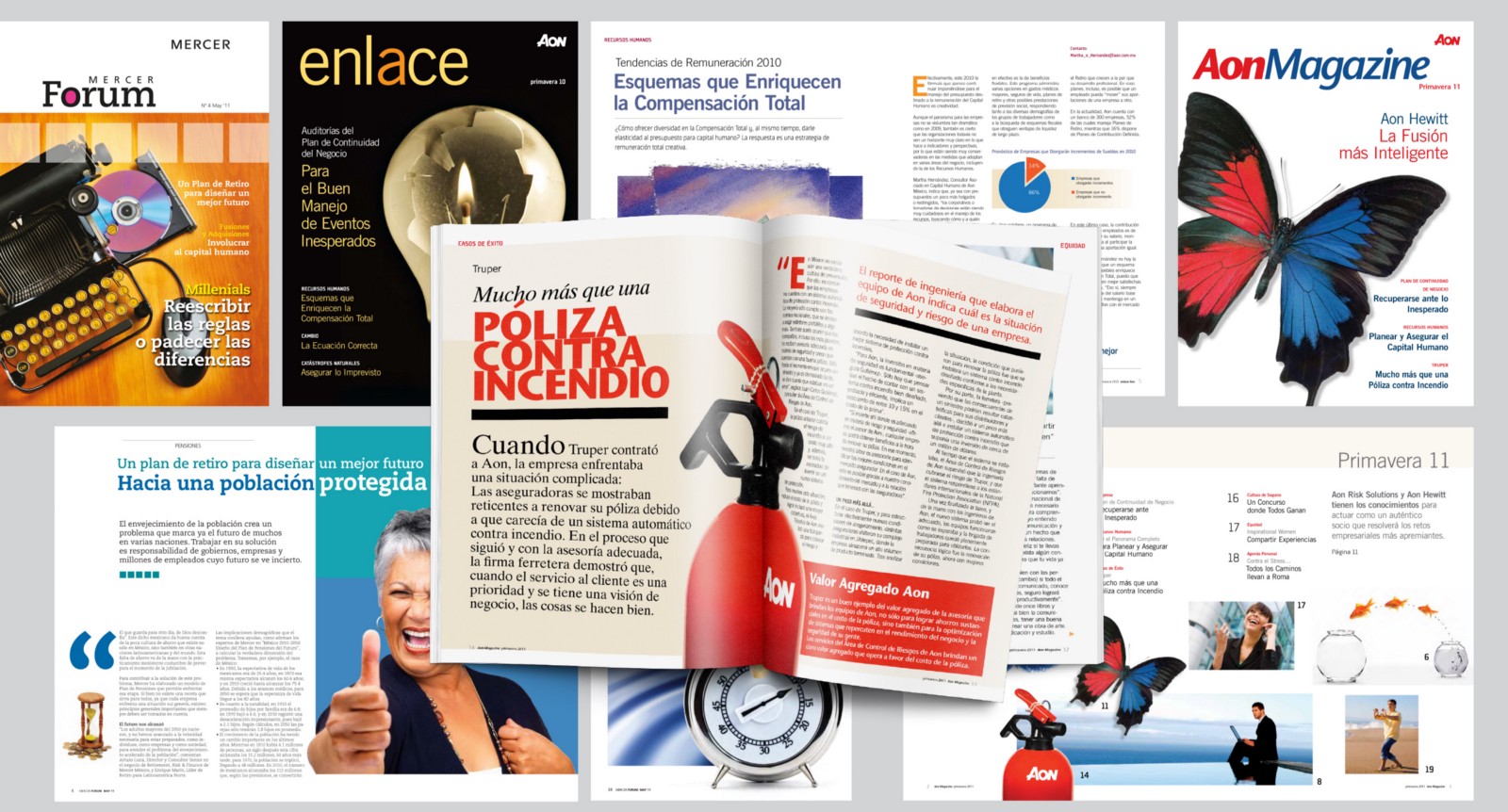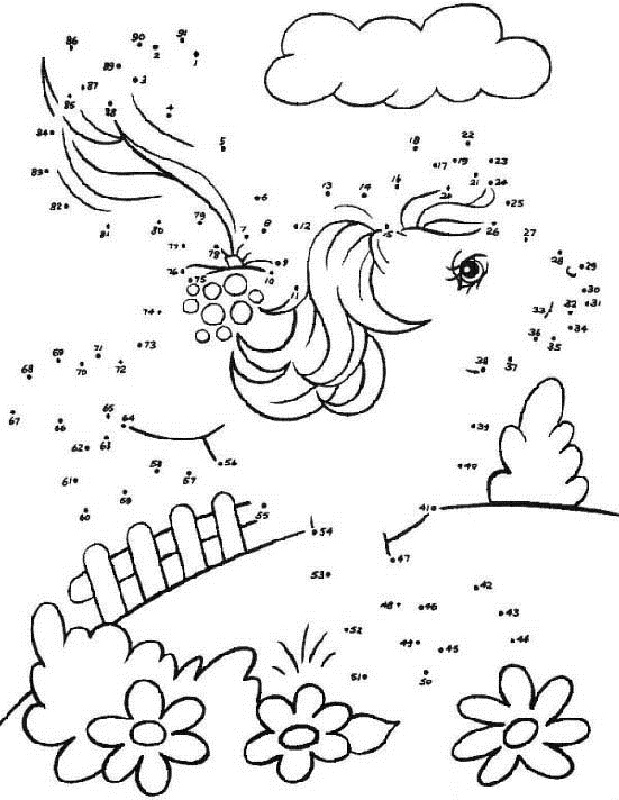Kindergarten fine motor assessments and activities in 2020
Table of Contents
Table of Contents
Fine motor skills are an important part of development for children of all ages. These skills involve the use of small muscles in the hands and fingers to perform tasks like writing, drawing, and buttoning clothes. Assessing a child’s fine motor skills can help identify areas where they may need additional support and guidance. In this blog post, we’ll explore how to assess fine motor skills in children and why it’s important to do so.
The Target of How to Assess Fine Motor Skills
During my time as a teacher, I had the opportunity to observe and assess many children’s fine motor skills. One particular experience comes to mind when I was working with a group of preschoolers. Each child was given a set of small objects to pick up and place in a container using a pair of tweezers. Some children struggled with this task, while others completed it with ease. This simple exercise highlighted the importance of assessing a child’s fine motor skills and providing support where needed.
When assessing a child’s fine motor skills, there are a few key areas to focus on:
- Gripping and holding objects
- Cutting with scissors
- Drawing and coloring
- Manipulating small objects (e.g. buttons, zippers, and snaps)
It’s important to note that every child develops at their own pace, and some may master these skills earlier or later than others. However, if you notice that a child is consistently struggling with fine motor tasks, it may be a sign that they need additional support and guidance.
 Where and When to Assess Fine Motor Skills
Where and When to Assess Fine Motor Skills
Assessing a child’s fine motor skills can be done at any age, but it’s particularly important during the early years of development. Infants and toddlers are constantly learning and developing their fine motor skills as they explore their environment and interact with objects. As children enter preschool and kindergarten, more formal assessments can be performed to identify areas where they may need additional support.
Fine motor assessments can be done in a variety of settings, including schools, daycare centers, and doctor’s offices. Parents can also assess their child’s fine motor skills at home by observing how they interact with different toys and objects.
The Benefits of Assessing Fine Motor Skills
Assessing a child’s fine motor skills can have many benefits. Identifying areas where a child may be struggling can allow for early intervention and support, which can help prevent further delays in development. It can also help teachers and parents better understand the child’s strengths and weaknesses, allowing for more individualized instruction and support.
 Frequently Asked Questions
Frequently Asked Questions
1. What are some signs that a child may be struggling with fine motor skills?
Some signs that a child may be struggling with fine motor skills include difficulty holding a pencil or crayon, struggling to cut with scissors, and having trouble with small buttons or other fasteners.
2. Can fine motor skills be improved with practice?
Yes, like any other skill, fine motor skills can be improved with practice. Activities like drawing, coloring, and manipulating small objects can help strengthen the muscles in the hands and fingers.
3. Are fine motor delays common?
Yes, fine motor delays are relatively common, particularly in children with developmental delays or neurological conditions like cerebral palsy.
4. How can parents and teachers support the development of fine motor skills?
There are many ways to support the development of fine motor skills, including providing toys and activities that promote hand-eye coordination and dexterity, encouraging children to participate in arts and crafts projects, and modeling proper grip and hand positioning.
Conclusion of How to Assess Fine Motor Skills
Assessing a child’s fine motor skills is an important part of their development. By identifying areas where a child may be struggling and providing support and guidance, we can help ensure that they have the skills they need to succeed academically and in life. Whether you’re a parent or a teacher, taking the time to assess fine motor skills and provide support where needed can make all the difference in a child’s life.
 Gallery
Gallery
Fine Motor Skills
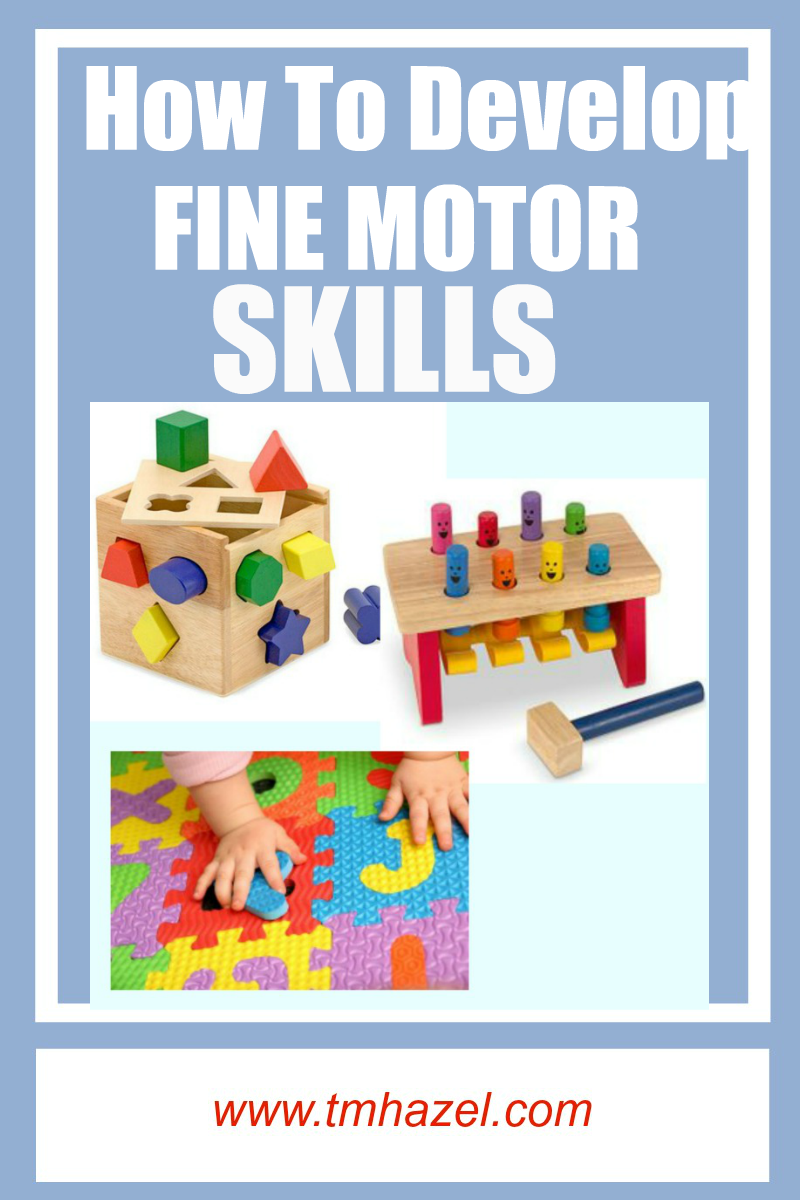
Photo Credit by: bing.com / skills motor fine exercises child acceptable corresponding gain therapy level then help some develop
EYFS Individual Child Fine Motor Skills Assessment Sheet
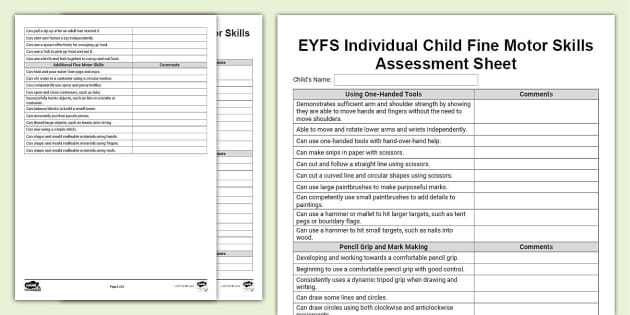
Photo Credit by: bing.com / eyfs individual
Fine Motor Assessment By Sophia Ishmael | Teachers Pay Teachers
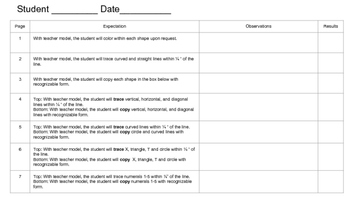
Photo Credit by: bing.com / motor fine assessment
Pin On Preschool Activities

Photo Credit by: bing.com / motor skills fine activities checklist preschool year old preschoolers years olds ages assessment lessons gross toddler therapy age kindergarten activity
Kindergarten Fine Motor Assessments And Activities In 2020 | Fine Motor

Photo Credit by: bing.com /



